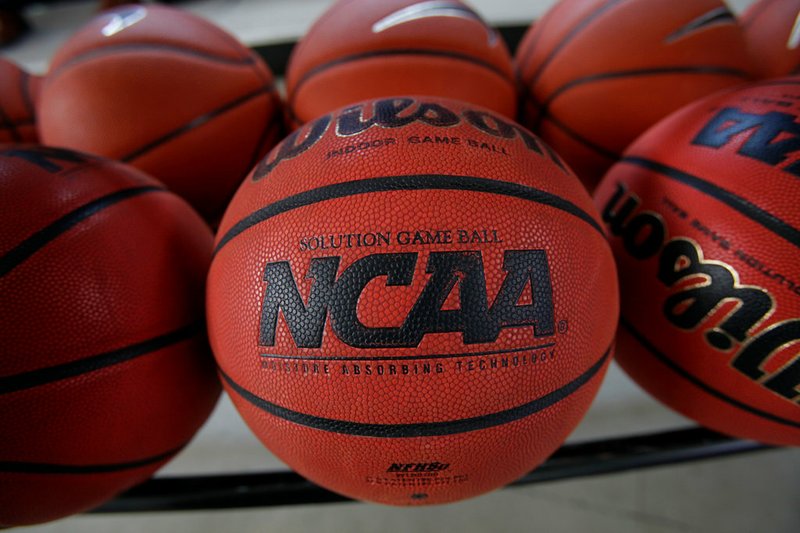Strong words from NCAA officials about making changes in college basketball in light of the FBI investigation that has rocked the sport could begin to morph into action on Wednesday.
The findings and recommendations of a committee headed by former U.S. Secretary of State and Stanford University provost Condoleezza Rice, called the Commission on College Basketball, will be announced at 7 a.m. Central time on Wednesday.
Any changes to rules or the sport’s structure would be in place in time for the upcoming school year, NCAA president Mark Emmert said.
“We understand the severity of the challenges we face,” said Dr. Eric Kaler, chairman of the Division I board of directors and University of Minnesota president at the Final Four. “We understand the urgency with which we need to move forward rules changes that will be effective for the next season.”
What those changes could be has been the subject of much speculation since the 14-member commission, which includes former coaches and players such as John Thompson III, Mike Montgomery, David Robinson and Grant Hill, was formed in October.
But an FBI investigation that resulted in the arrests of 10 individuals, including four assistant coaches, shined a spotlight on the underground economy of college basketball — an economy that involves major shoe and apparel companies influencing teenage prospects with payoffs to parents, guardians, travel-team coaches and others, sometimes perhaps without the prospect or the school knowing about it.
Kansas was swept up in the investigation when the FBI revealed that a parent and guardian of two players who enrolled at Kansas last season had accepted money from Adidas. The FBI didn’t name the players, but the information in the report lined up with the recruiting and signing timetables of Jayhawks Billy Preston and Silvo De Sousa.
The commission figures to address the NBA’s “one-and-done” rule, and also explore such possibilities as allowing underclassmen to go through the draft process but return to college if they’re not selected.
The NCAA would need the help of the National Basketball Players Association, the NBA players’ union, to make any changes, but could consider other college sports’ models. In baseball and ice hockey, players can be drafted by professional teams out of high school and still play in college.
Another approach is the so-called Olympic model, or allowing college athletes to sell their name, likeness and image while remaining eligible to compete.
The role of agents, shoe companies and AAU basketball — the heart of the FBI investigation — also is likely to be addressed.
Paying players beyond the scholarship and monthly stipend is likely to come up, although Emmert has been an outspoken opponent.
“People fully understand that when you go into a collegiate environment you’re doing that to become an employee of the university,” Emmert said at the Final Four. “And there is … no interest in higher education of turning college athletes into employees that are hired and fired by universities.”
When its appointment was announced, the commission was charged with focusing on three areas:
The relationship of the NCAA national office, school, coaches and athletes with outside entities — apparel companies, AAU basketball and agents.
The NCAA’s relationship with the NBA, specifically to address the “one-and-done” rule.
Creation of a relationship between schools and the NCAA national office to promote transparency and accountability.
“We must take decisive action,” Emmert said at the time. “This is not a time for half-measures or incremental changes.”
We’ll know if that’s true on Wednesday.
———


